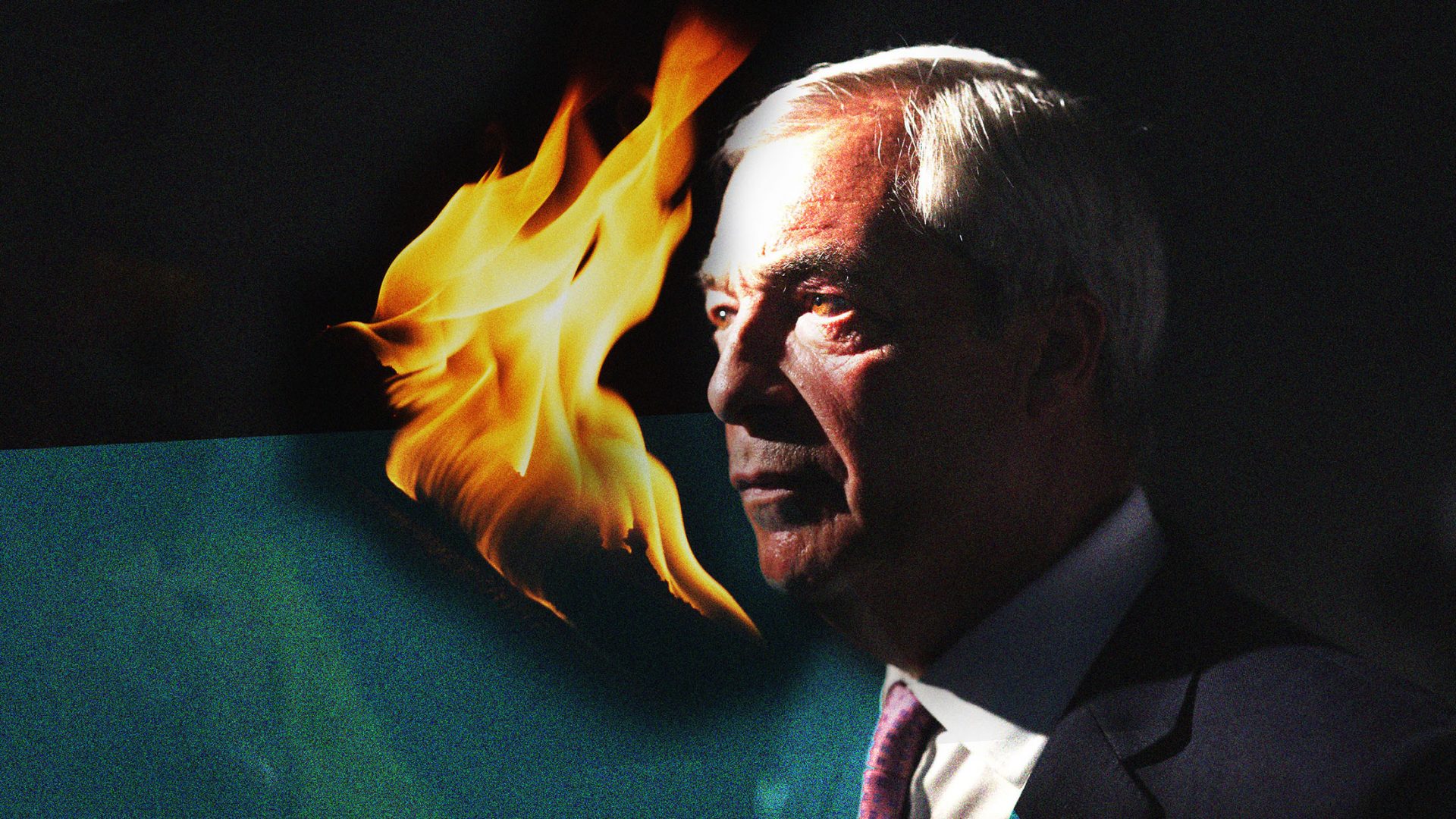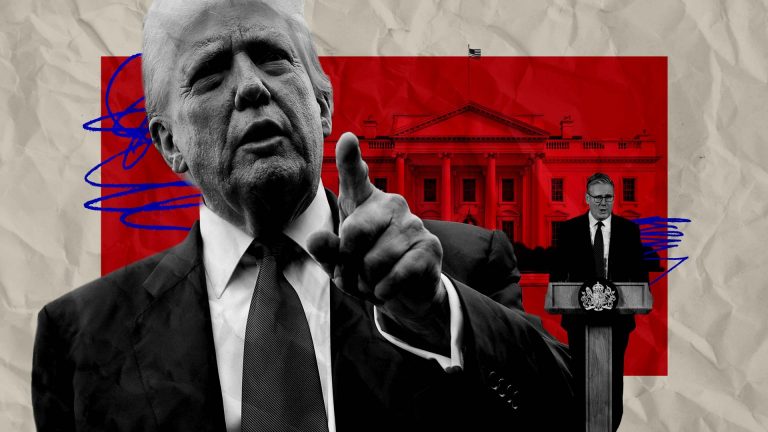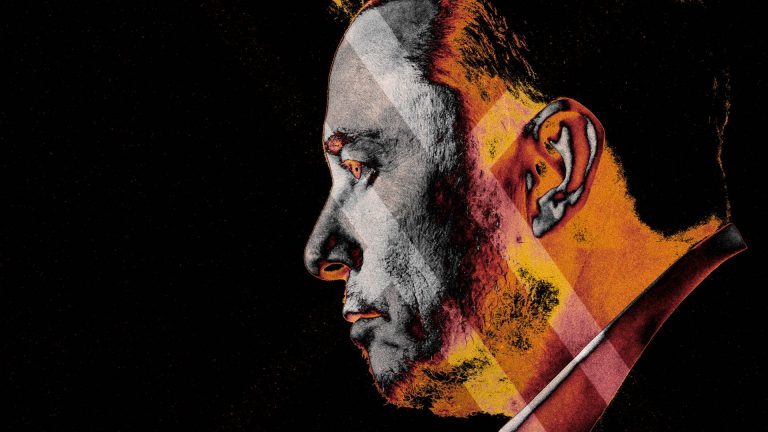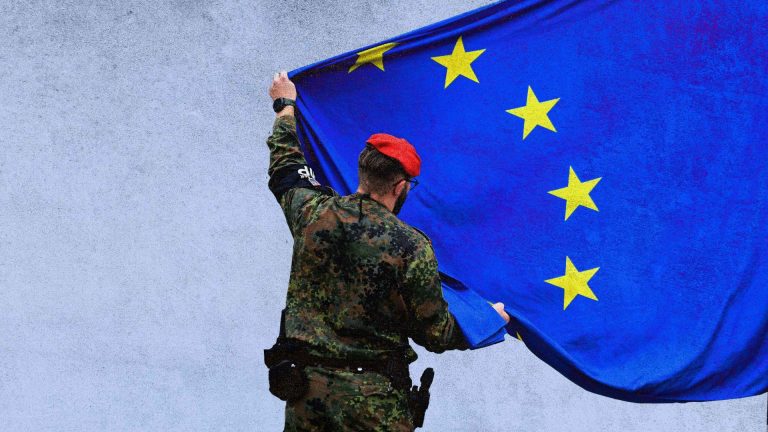After a murderer walked into a Taylor Swift-themed dance class for young children in Southport a year ago, the immediate aftermath of the tragedy was followed by an understandable desire for answers, to explain the inexplicable.
Why would anyone do something like this? Why wasn’t it stopped? The online far right stepped into that gulf with answers of their own.
The attacker had got into the UK on a small boat, they said. He was a Muslim, an asylum seeker, proof that the UK’s “border crisis” was truly out of control – and that people needed to take action themselves. The claims were false, but the violence they spawned was all too real.
Between July 30 and August 7, 29 violent protests and riots took place across 27 towns and cities in the UK, including Hartlepool, Rotherham, Manchester, Liverpool, Belfast and London. Mosques, hotels and public buildings were attacked and a public library was even set ablaze. The unrest led to more than 1,800 arrests and hundreds of convictions. More than 6,000 police officers were deployed, and more than 130 of them were injured in the clashes.
Some of the worst violence took place in Rotherham, where rioters set fire to a bin deliberately placed in front of a fire door, and a stairwell of a Holiday Inn Express being used to house asylum seekers. Rioters breached the hotel at one stage, forcing its staff to barricade themselves into a panic room. As the prosecutor at one of the trials that followed said, those inside “thought they were going to burn to death”.
This was the worst violent unrest and political disorder the UK had experienced in more than a decade, and it had been deliberately fuelled by the far right and grounded in baseless falsehoods – exploiting a horrifying attack and laying the blame at the wrong door.
Suggested Reading
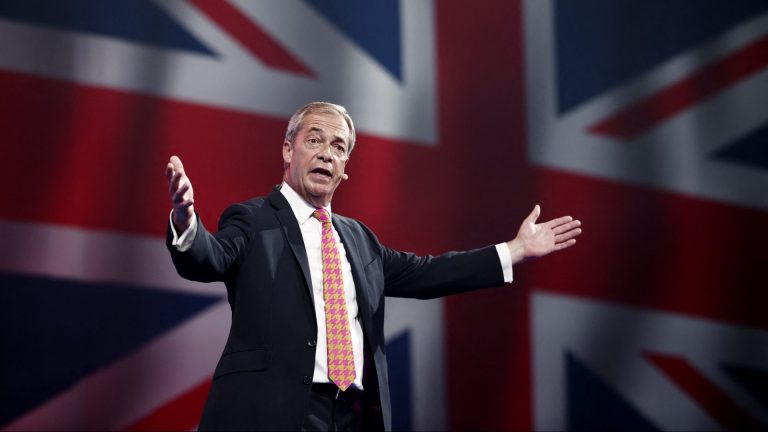

The quiet road to an ugly Britain
As the one-year anniversary of the Southport attack and the riots arrives, though, commentators and politicians alike on the British right seem almost eager for a repeat of the unrest, and ready to make apologies in advance for those involved. Violent clashes in Epping, including further attacks on asylum hotels, are being cited as a potential flashpoint for another summer of unrest.
A year ago, some on the UK’s political right could see the violence for what it was. “The recent violence on our streets is inexcusable: thuggery, pure and simple,” wrote Madeline Grant in the Telegraph. “Destroying your local communities and attacking police officers is thuggery…
“Anyone trying to intellectualise or justify that thuggery is guilty of the same moral relativism as those who might explain away terrorism as an understandable reaction to “Western foreign policy”.”
And yet this summer, Grant’s Telegraph columnist colleague Allison Pearson describes the country as a “tinderbox” that will play host to “more and more peaceful protests outside asylum hotels… what are the authorities going to do then?”. Pearson went on to ask, “anyone hoping for a military coup?”, before later qualifying the remark as “sort of a joke”.
Nigel Farage’s Reform Party is similarly conflicted. Amid the riots last year, Farage himself said he condemned “all acts of political violence” but used the opportunity to speak of the “widespread concern” of those attending the riots, and called for the “end of mass migration now”.
This summer, he has launched an anti-crime offensive that seems timed to coincide with the protests outside asylum hotels. He wants to present gatherings in Epping, in Norfolk and elsewhere as spontaneous reactions from a disaffected mainstream of ordinary local people – rather than what are, for now, relatively small demonstrations that involve some locals but are promoted and attended by known far right activists who have travelled in from elsewhere.
Reform’s leader says he is expecting things to get worse. “I don’t think anybody in London even understands just how close we are to civil disobedience on a vast scale in this country,” he said last week.
Farage’s Reform colleague Lee Anderson, predictably, is taking things even further. Last August, he made excuses for rioters who almost set a hotel containing men, women and children ablaze, telling GB News: “These are not far-right thugs, they’re just young idiots who got carried away.”
Anderson made an appearance himself at a protest last week outside a hotel in Canary Wharf, saying he was “absolutely furious” it was being used to house asylum seekers, some of whom had been moved there after violent protests outside their former accommodation.
Matthew Goodwin, another GB News pundit and Telegraph writer, is already laying the blame for any unrest this summer on the government. “This is what happens when the state pushes its own people to the edge,” he has written.
A year ago he was similarly quick to demand that it was the violent rioters who were in the right, and that the government and media elites should do as they say. “No. This is NOT just ‘far right thuggery’,” he wrote as the headline of an August 2024 post. “Had the elite class stopped the boats and controlled the borders, people would not be rioting.” (Goodwin attempted to illustrate his piece with an image containing a famous Orwell quote, but because he had generated it with AI it instead read “The party told you rejept the edidence eye & ears. It was this their finsal, essential command”)
All four people will surely say, if pressed, that they denounce violence. They also all frame themselves as champions of free speech, and so will claim that they are defending the peaceful, legitimate protests but not the violent rioters alongside them.
Suggested Reading
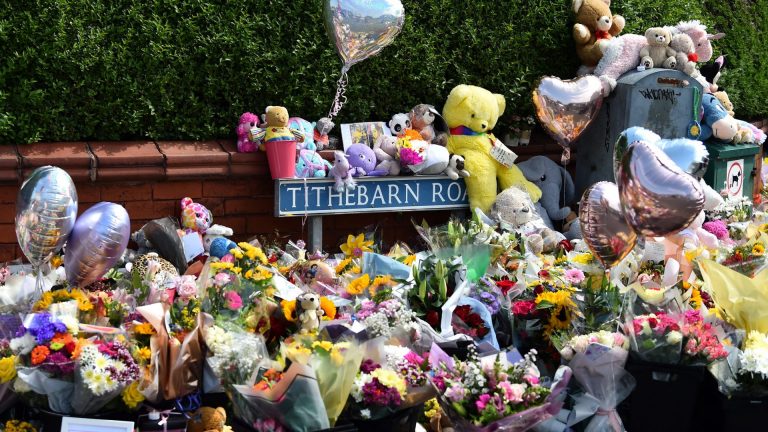
Why did the Southport murders happen?
However, all four have called for protests displaying nothing like the same levels of violence as the anti-asylum riots to be banned, or even violently dispersed – when they don’t agree with what the protestors are asking for.
The UK has seen regular pro-Gaza marches across the country, which have been marred by isolated incidents of violence and intimidation – though nothing like the scale of last August’s riots. Nonetheless, when the date of one of those marches coincided with Remembrance Weekend events, Farage said the “march should be banned”. Pearson had earlier called on the government to “shut these rallies down” because of their potential to intimidate Jewish communities. Meanwhile, Goodwin has complained about “hate marches” being given a “free pass”, while Anderson suggested “bring[ing] back the water-cannons” against Extinction Rebellion.
Given that, the position of Farage and his coterie – and the grouping of the once-mainstream British right they have come to represent – becomes clear. They are perfectly capable of seeing political violence when they want to, and call for the protests of their political enemies to be banned when it is displayed even in isolation.
But they are both able and willing to turn a blind eye to the terror of children facing being burned alive in the hotel accommodation where they have been housed, in a country far from home, if they agree with the political ambitions of the people throwing the firebombs. In that scenario, they will instead suggest the only way to prevent the violence is for the government to give the attackers what they want.
Farage, Anderson, Goodwin and Pearson frame their interventions as warnings – do what we say to prevent this deplorable violence. That is certainly how they would choose to frame it. But the more you read and the more you hear of what they say, it sounds instead like a threat.
“Give us what we want while we’re asking nicely,” they’re saying. “You wouldn’t like what happens otherwise.” That is the politics of the mobster. It deserves to be treated with nothing but contempt.


